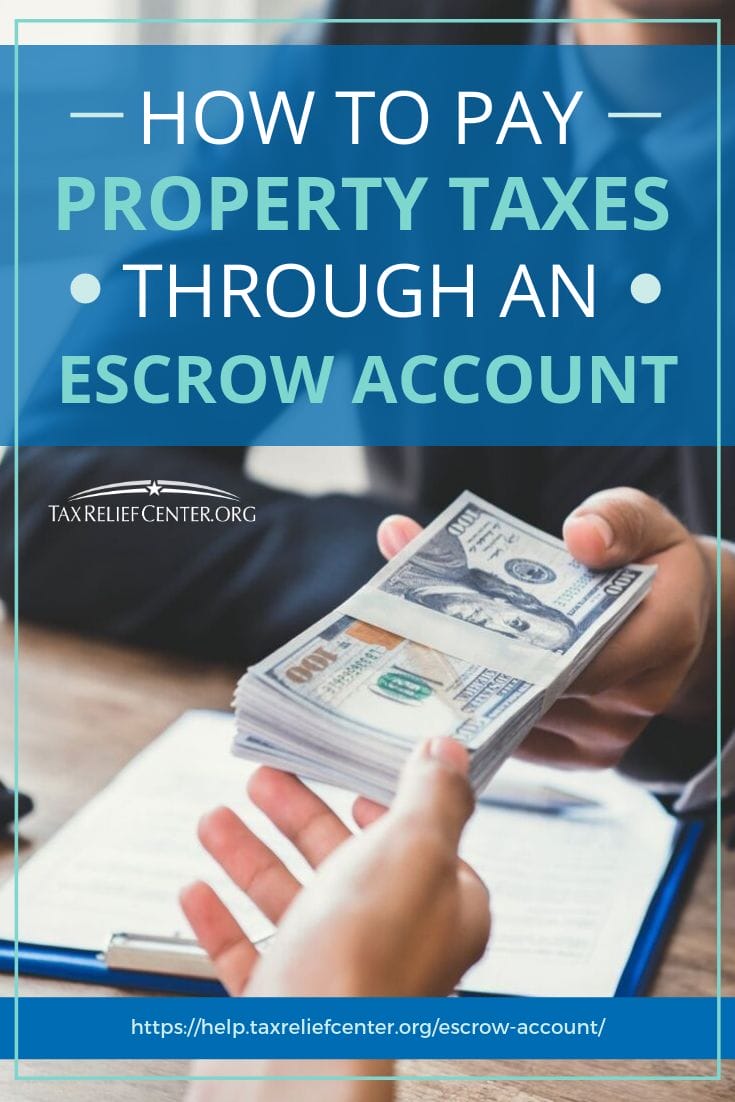Wondering if you can finance a home using an escrow account? It’s certainly a possibility, and this article shows you how.
RELATED: How Does A Real Estate Tax Deduction Work?
In this article:
- What Is An Escrow Account?
- Why Is There A Need For An Escrow Account?
- How Does An Escrow Account Work?
- Why Do Some Homeowners Avoid Paying Escrow?
- How Do I Avoid Paying In Escrow?
Escrow Accounts And Taxes 101: What You Need to Know
What Is An Escrow Account?
An escrow is basically an agreement where a third party, either a bank or an escrow agent, receives and keeps the money for two negotiating parties. They only release it when the parties meet or agree on specific conditions.
Escrow accounts find uses in many areas like law, gambling, banking, and intellectual property. In real estate, aspiring homeowners need to create escrow accounts where their lenders, basically the mortgage company, will draw their insurance and real property tax payments from.
Why Is There A Need For An Escrow Account?
First and foremost, escrow accounts exist to provide a degree of protection for the mortgage company or the lenders. For example, when a homeowner fails to pay, the government will place a lien on the home superseding any liens the mortgage company can place against its borrower.
Tax Lien Definition: A tax lien means the government has the first claim to a property because its owner failed to pay property taxes. The owner cannot sell the property or refinance it until the government removes the lien.
Second, hazard insurance payments serve to protect both the homeowner and the mortgage company in case of a disaster. Without due diligence on premium payments for the insurance, both the lender and the homeowner or borrower render themselves vulnerable when a fire, tornado, or earthquake strikes.
Third, escrow real estate accounts give borrowers a degree of convenience, since all they need to do is deposit their monthly payments into that account. The mortgage company will be the one to transact with the insurance carrier and the local government to pay the insurance and property taxes.
How Does An Escrow Account Work?
1. Mortgagers Ask Their Borrowers To Open One At Closing
When closing the sale of a house, the mortgage company will ask the homeowner to open an escrow account to maintain real property tax and insurance payments. It’s one of the closing costs of buying a home.
2. Escrow Payments Are Divided Into Monthly Installments
Mortgage companies will sum up the insurance premiums and taxes and then divide the amount by twelve, so the homeowner pays the cost in monthly installments instead of paying in full. The lending companies collect these taxes and insurance payments at the same time as the mortgage and interest payments per month.
RELATED: Property Tax Deduction Frequently Asked Questions
3. Lenders Often Ask For Higher Initial Deposits

Lenders ask borrowers to pay higher escrow payments when starting an account, a little over the usual monthly installments. The extra amount serves as a buffer in case the homeowner fails to pay for a period of time.
Previously, mortgage companies could impose very high initial escrow payments. The Department of Housing and Urban Development stopped this practice by instituting that lenders can only place an extra two months of escrow payments on initial payments when opening an escrow account.
4. Mortgage Companies Will Report Your Payments Annually
Mortgagers will perform an escrow analysis from time to time to check whether their borrower meets the tax and insurance payment amounts. They will provide their borrowers with an account disclosure statement to show the amounts that go in and out of the escrow account.
5. Lenders Will Make Adjustments From Time To Time
Since property taxes and insurance coverage premiums can rise, mortgage companies will have to adjust escrow payments to make sure their borrowers meet the new amounts. The lenders can ask for an extra amount at the end of the year to cover any gaps between the old monthly escrow payments and the new tax and premium costs.
Of course, when a homeowner overpays, the mortgage company issues them a refund.
Why Do Some Homeowners Avoid Paying Escrow?
Some homeowners want total financial autonomy, so they’d rather not have a third party pay their taxes and insurance for them. They also feel negative about having a mortgage company take control of their money while it’s in escrow.
In some rare instances, mortgage companies forget or don’t pay the property taxes. These mistakes end up causing the local government to impose interest and penalty fees on the homeowners.
The erring mortgage companies end up paying their borrowers in full for these extra charges, but there’s no reimbursement for the wasted time and aggravation these issues cost these homeowners.
How Do I Avoid Paying In Escrow?
If a homeowner is so inclined, they can avoid paying in escrow by either paying at least a 20% downpayment on their home, or by paying the mortgage company an escrow waiver fee. Lenders price an escrow waiver fee at least ⅜ to as much as ¼ of a point in the house’s market value.
A good negotiator can get their loan office to waive the escrow requirement entirely if they provide their lender some concessions, like paying at least a point above the market value of the property.
Paying through escrow accounts can get frustrating at times, especially if their payments increase from time to time. But, they have also become an accepted practice that has given peace of mind and ease to a lot of new homeowners.
Hopefully, this article has given you clarity on what escrow accounts are, what they’re for, and how they make paying your insurance and taxes easier, so you can make an informed decision before you finance your new home.
What other tax terms or tax-related financial concepts do you want to know about? Give us your answers in the comments section below so we can write articles about them for you in the future.
If you owe back taxes, visit taxreliefcenter.org for more information on tax relief options.
Up Next:
- Different Types Of Taxes We Pay In The US
- Mortgage Interest Tax Deduction
- Personal Finance Planning – How To Get Started


